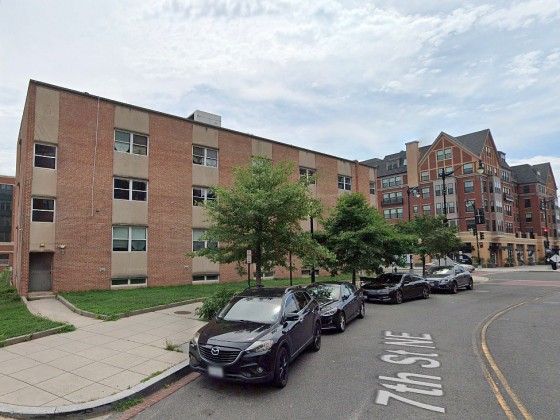 The Unmarried Couple Home Buying Dilemma
The Unmarried Couple Home Buying Dilemma
This article was originally published in March 2011.
When a couple decides to buy property together, their status (married, domestic partnership, common-law married, etc.) does not have immediate implications.
However this changes when a property-owning couple ends their relationship, as their status becomes very important in determining how property -- real and personal -- will be divided. (Real property is real estate, personal property is everything else.)
While there are well-established laws that govern property division for divorcing married couples from state to state, no such laws exist for unmarried couples.

Many people mistakenly believe that couples who live together for seven years are automatically married by common law. However, only 15 states and DC recognize common-law marriage by statute, and among this group, there is little uniformity, particularly when it comes to dividing real property. Domestic partnerships, depending upon where you live and whether you are registered as a domestic partner, might provide one partner an implied right to share property. However, laws governing domestic partnerships can change by state, county or city.
Therefore, the best advice for all unmarried couples buying a home together is the same: sign a written property agreement with your partner.
It sounds obvious, but before putting anything into writing, have an honest discussion with your partner about your respective “visions” for handling property (real and personal) if the relationship ends. Your aim is to develop a plan (agreement) that keeps working when the relationship stops working.
Then pay a visit to an attorney and have your plan written into a “property agreement.” The process is easy and will cost you far less than not having one. If the parties have done their due diligence and talked through everything, then it will only cost a few hours in lawyer's fees.
Anything can be encompassed in this agreement, but it is critical to at least address the following three items:
1) What percentage of the property is owned by each person? (This is a particularly important issue if one person is taking a larger financial stake in the property payments or down payment than the other.)
2) How is the title or ownership described in official records?
3) What will happen to the property if the relationship ends? Will it be sold and the proceeds divided? Can one person stay in the property and buy out the other person?
While contingency planning the possible demise of your relationship may be unpleasant, you should look at the agreement as merely an insurance policy of sorts -- you hope you will never need it, but it you do, you will be very thankful you have it.
Craig Davitian is an attorney with the Davitian Law Firm and is licensed in the District of Columbia and Maryland. This information is not legal advice and is offered for educational purposes only.
See other articles related to: legal issues
This article originally published at https://dc.urbanturf.com/articles/blog/the_unmarried_couple_home_buying_dilemma/3168.
Most Popular... This Week • Last 30 Days • Ever

DC's homebuyer assistance programs can be a bit complex. This edition of First-Timer ... read »

When it comes to financing a home purchase, a 30-year mortgage is one of the most com... read »

Pocket listings are growing in popularity in the low-inventory market in the DC regio... read »

Margarite is a luxury 260-apartment property known for offering rich, high-end reside... read »

The owner of 700 Monroe Street NE filed a map amendment application with DC's Zoning ... read »
DC Real Estate Guides
Short guides to navigating the DC-area real estate market
We've collected all our helpful guides for buying, selling and renting in and around Washington, DC in one place. Start browsing below!
First-Timer Primers
Intro guides for first-time home buyers
Unique Spaces
Awesome and unusual real estate from across the DC Metro














